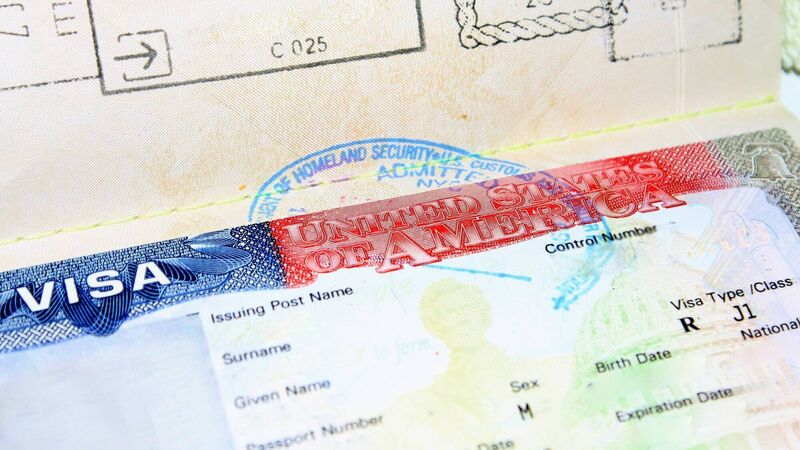US visa crackdown is an assault on students' rights

New visa requirements are forcing students to hand over every social media handle, every comment, every like from the past five years, and this is not only about security — it’s about control.
When I applied for my J1 visa in 2020, I imagined following in the footsteps of generations of Irish students who had made that same journey across the Atlantic. The J1 was not just a summer job programme — it was a rite of passage, a chance to have a cultural experience.
But covid-19 shut those doors temporarily, and now, what’s happening isn’t a pandemic delay — it’s a deliberate, calculated effort to turn Irish students into suspects in the eyes of the US government.













